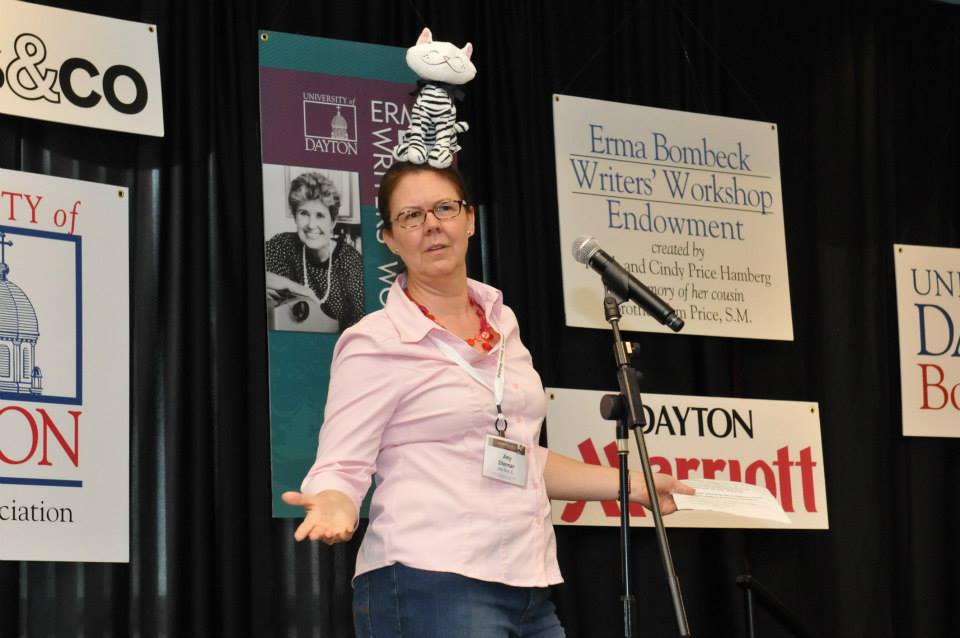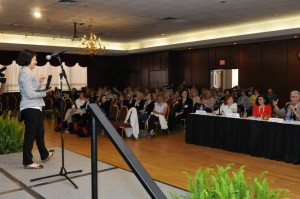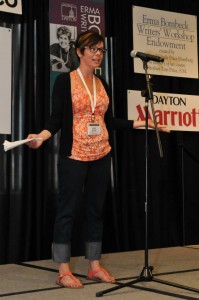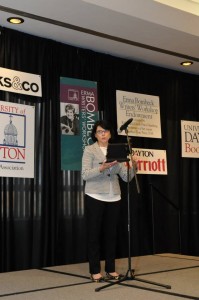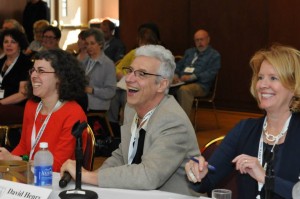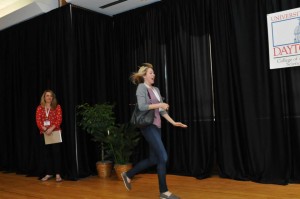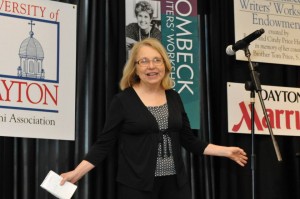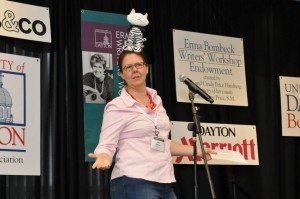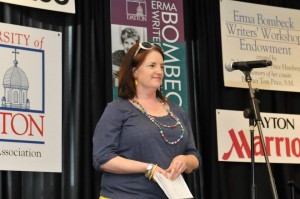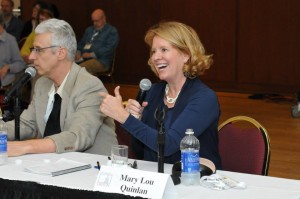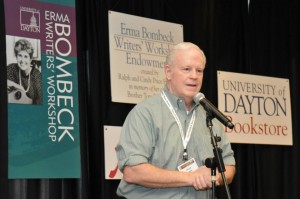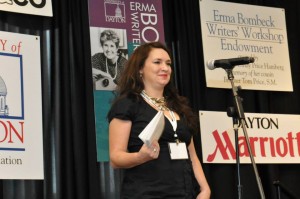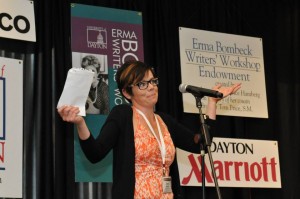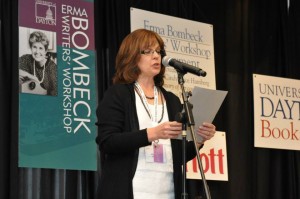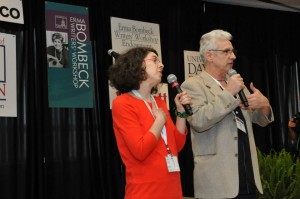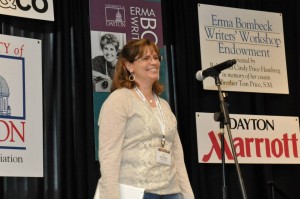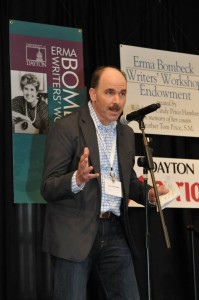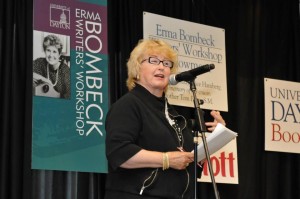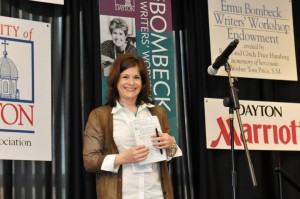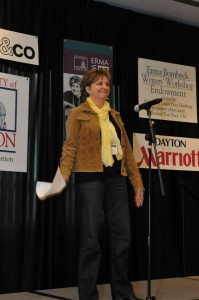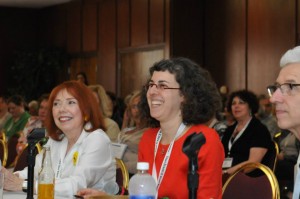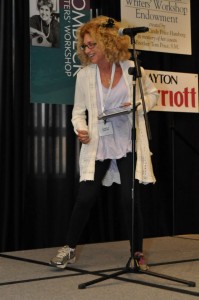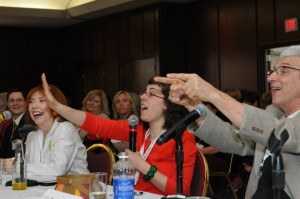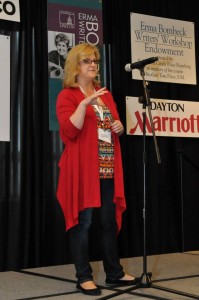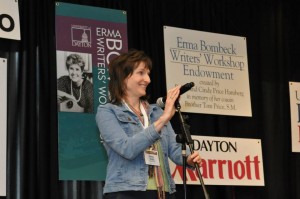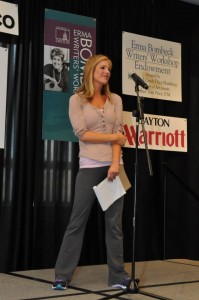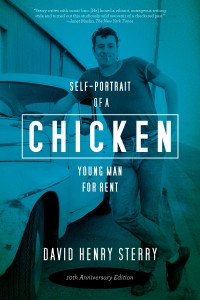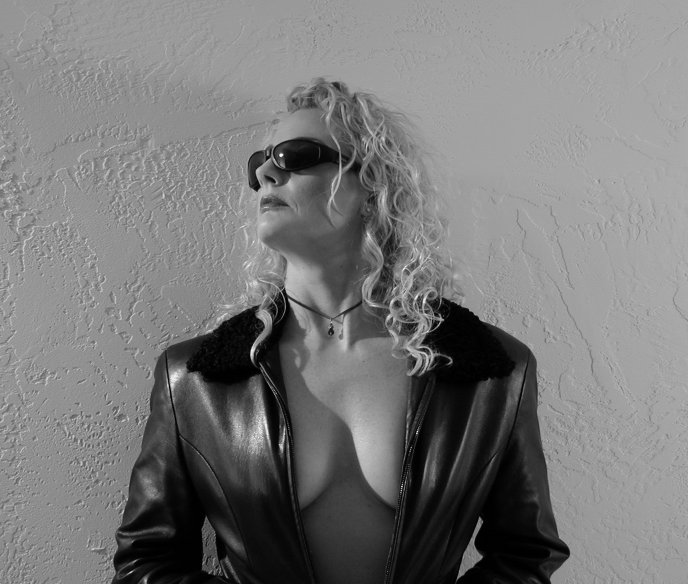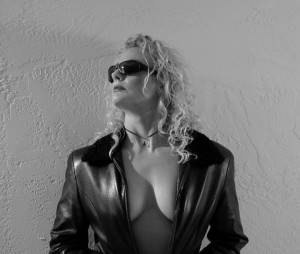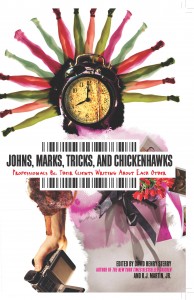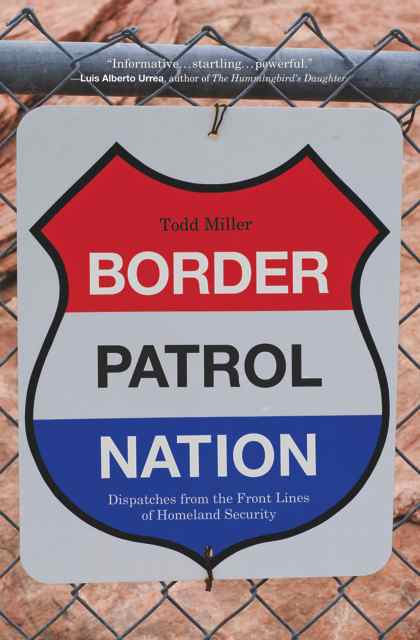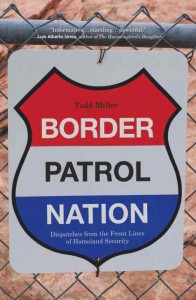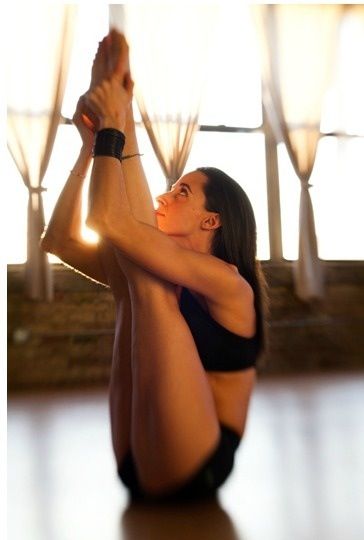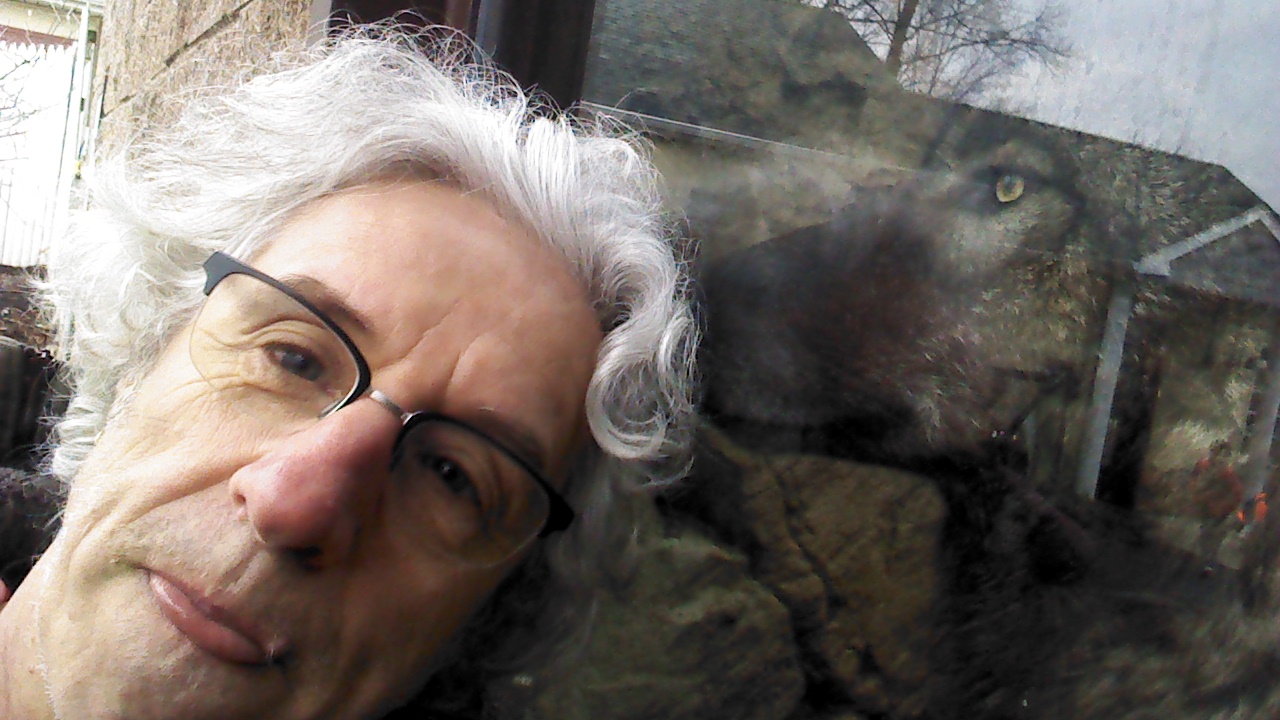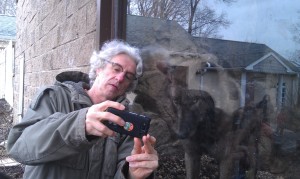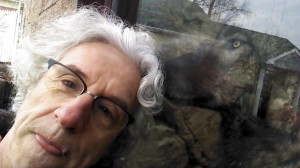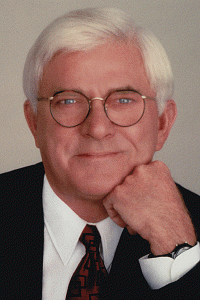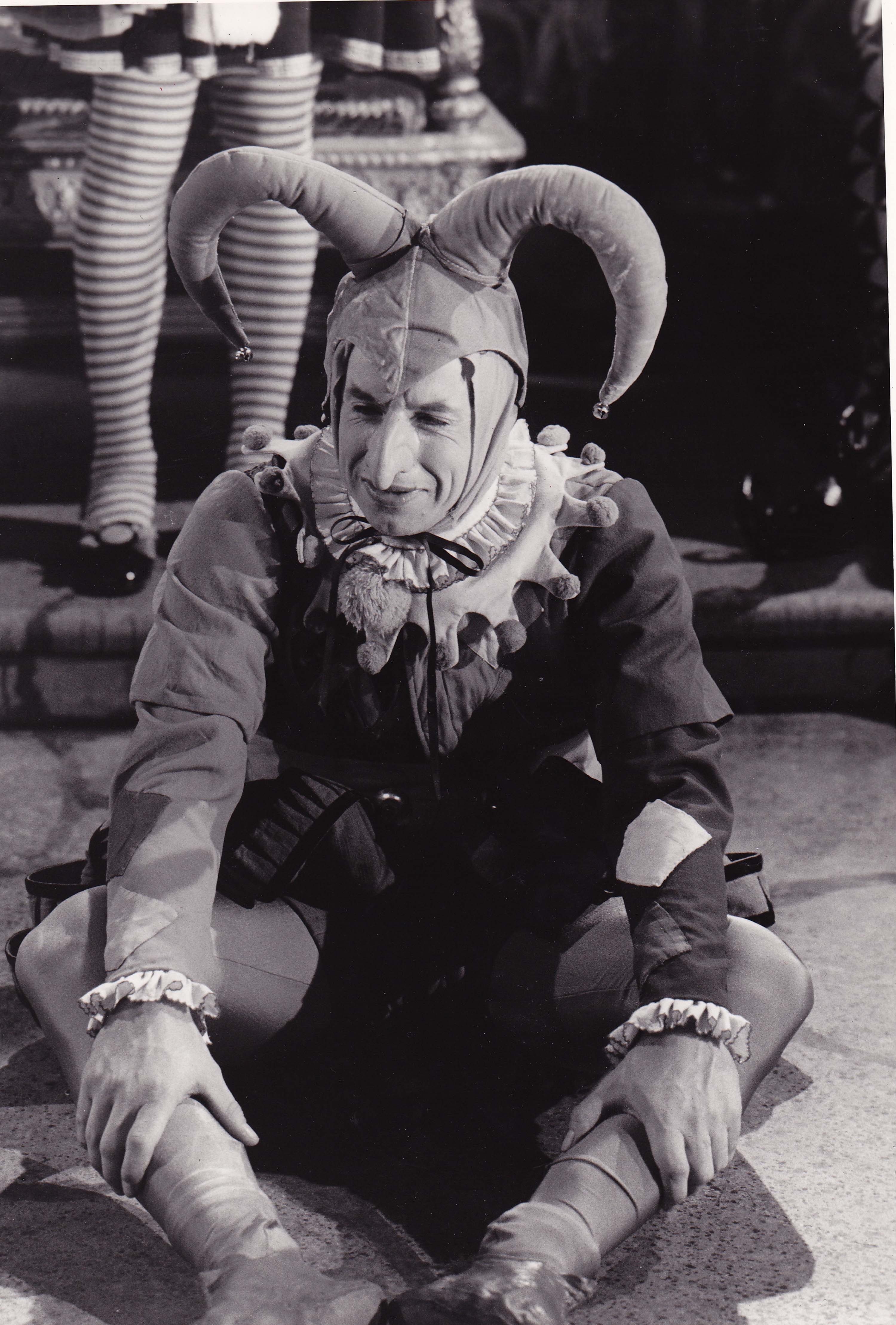From my new book Chicken Self:-Portrait of a Man for Rent, 10 Year Anniversary Edition 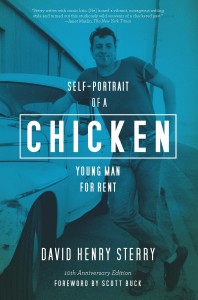
I was 17, studying existentialism at Immaculate Heart College, when I got sucked into the sex business in Hollywood. I didn’t mean to. It’s not like I thought, “I have no money, I have no family, I have no resources, I think I’d like to have sex for money.” I was just in the right place at the right time. That’s how it is with lots of the sex workers I know.
Sporting my nut hugging elephant bells, I arrived in Laurel Canyon, an enchanted eucalyptus oasis in the middle of this Hollywood smogfarm metropolis. As I entered the log cabin house set behind a wildflower jasmine jungle, a solid block of patchouli incense musk nearly knocked me over. With driftwood tie-dye batik beanbags windchimes macrame´ hanging plants and Mexican day-of-the-dead skeleton art everywhere, it looked like Woodstock exploded in Rainbow’s house, as this boomed out:
“Driving that train, high on cocaine, Casey Jones, you better watch your speed”
Rainbow had long straight grey hair, feather earrings and a floor length tie-dye dress with a dopey hippie happy face on it. No make-up. No shoes.
“Namaste. Enter. Would you like some ginseng tea?” wafted out of Rainbow.
The customer’s always right. When in Rome, drink ginseng tea. While she fetched me tea I survey lots of pots of pot plants. Rainbow returned with my tea in a psychedelic homemade mug with a drawing of some dopey hippie happy face on it. The tea smelled too earthy and dank for drinking, but I brought the Mother Earth medicine scent up to my lips and siped.
It was good. And good for me.
“Do you dig the dead?”
Rainbow looked at me like she expected something. I was confused. Was this some weird necrophilia deal Mr. Hartley, my employment counselor/father confessor/fairy godmother/pimp, forgot to tell me about? I made a mental note: Find out what’s the going rate for having sex with dead people. But perhaps more importantly, do I feel comfortable shopping a dead person?
“I believe Jerry Garcia is the physical embodiment of the Godhead, don’t you?”
Jerry Garcia! The Grateful Dead. That’s who belonged to that dopey hippie happy face. Jerry Garcia! I saw me digging a grave and putting a gratefully dead Jerry Garcia in it.
“Oh yeah, Jerry Garcia is a total Godhead. Yeah, I definitely dig the Dead…”
I trotted out my best hippieboy smile. Actually, I couldn’t’ve cared less about the Dead. Or the dead. Rule #5: the customer is always right. I was there to get paid. I looked around for my envelope. No envelope. I didn’t like that. I was looking for a low-maintenance score, get in, get out, badda bing badda boom. Relax, cowboy, you’re gonna get paid, go with the flow, flowing, in the flow. Hey, someone wants to pay me to say Jerry Garcia is the physical embodiment of the Godhead, that’s Easy Money.
“Give me your hand,” Rainbow said.
I gave her the hand. She took it.
“You have big hands,” she said.
In my line of work that was a compliment.
“Thank you,” I said.
She looked at me funny, like it wasn’t a compliment at all, just a statement of fact. But she didn’t really seem to care, she looked into my palm like it held the key to the sweet mysteries of life.
GET THE MONEY UP FRONT
GET THE MONEY UP FRONT
GET THE MONEY UP FRONT
Only the newest greenhorn in Greenhornville doesn’t get the money up front. This is what separates the rank amateur from the hard working professional. You’re not here to have a good time, Charley, you’re here to get paid.
But Rainbow had produced nothing, and I could tell she’d be just the sort who’d get all bent if a guy mentioned something as crass as cash.
So I sat and stewed as Rainbow gazed into the crystal ball of my palm.
After she stared at my palm for what seemed like a month, Rainbow was starting to seem demented. I was convinced she was a Charlie Manson groupie with a garotte she was going to use to sacrifice me and the goat I was sure was in the backyard.
I was starting to have serious doubts about Rainbow. About this whole line of work. I had enough money. I could excuse myself like I’m going to the bathroom and walk out and just drive. But again the question: Where would I go? Who would I go to? I had nowhere. I had no one.
“You’re a very old soul…” Rainbow concluded.
You said a mouthful there, sister.
“…and you‘ve lived many lives…you were an explorer and sailed all over the world… and you were a sultan with many women. You were a mighty warrior in battle, and you were a slave on a plantation…”
Rainbow looked into me like she had periscopes that went through my eyes.
That was when I noticed her for the first time. In all the confusion I hadn’t really seen her. She had deep eyes, steel-colored with flecks of cobalt. A big Scandihoovian Bergman madly-suffering but eternally hopeful face. I half expected Death to walk out of her bedroom and challenge me to a game of chess for my soul.
“You’re here to learn a lesson, and I’m here to teach you…” Said Rainbow.
Okay, it’s a hot-for-hippy-teacher thing. I breathed easy.
“Do you know what tantric sex is?” Rainbow asked.
I could dish some semicoherent gobbledygook about ancient mystic Asian sex, but she wanted me to be the blissfully ignorant manmoonchild, so naturally I turned myself into whatever she wanted me to be. That was my job.
“No, I don’t…”
Rainbow handed me a smile, and led me through a translucent tie-dye cloth door into a bed with a room around it. It was the biggest bed I’d ever seen. Overhead, high in the tall pointed ceiling was a skylight, where incense curled up thick from fat Buddha bellies; candles tossed soft little drops of light everywhere; elephantheaded Indian gods with massive genitalia copulated with lionheaded goddesses; statue women stared with dozens of breasts; a halfman halfbull was inside a godhead with a doghead; Japanese paintings of Jade-looking beautybabies intercoursed in every position imaginable, one leg up over an ear, the other wrapped around a head; Old French postcards of cherubinesque honeys were Frenched and doggied; a guy went down (or would that be up?) on himself; and a shrine of rosebudvaginas and phalluspeni smiled. Pillows and cushions plump velvety; blankets, fur, and fat cloth made me feel like a cat, and I wanted to roll around getting my belly stroked while nubile handmaidens fed me catnip.
A sculpture of a vagina started talking to me: “Hi, David, welcome to the party, come on in.”
And in the center of it all a big picture of a dark man with long black curly hair and brown magnets for eyes that kept staring at me no matter where I went in the room, it was freaky. He was hard and soft at the same time. I’d never seen the guy, but he looked familiar, like he was the kind of guy who could set you straight if you were floundering around. And I was so very full of flounder at the moment. I made a mental note to find a wise, kind, benevolent guru teacher as soon as I left Rainbow’s. I’m still looking.
“That’s Baba Ram Wammmalammadingdong,” said Rainbow.
I was sure she didn’t really say that, but that’s what it sounded like to my 17 year-old man child idiot ears, all Dr. Seussy.
“He’s the master of sensual enlightenment.”
That’s what I wanna be when I grow up: master of sensual enlightenment.
“Sexual transcendance can only happen when you are connected to the life force that flows through all living things,” breathed Rainbow. “You have to open, I mean really open, all of your… shock absorbers.”
Years later I would realize it was my chakras and not my shock absorbers that needed opening, but at the time I couldn’t care less. I’d open my shock absorbers, my athletic supporters, my cookie jar, whatever she wanted. I just needed to get paid, and I needed to get paid IMMEDIATELY. I was seeking enlightenment through cold hard cash.
“Why don’t we start by meditating?”
Rainbow settled into a big comfy-womfy cushy cushion crosslegged, and motioned for me to do the same.
I balked. I’m naturally curious by nature, I was very interested in the whole third-eye transcendent sex thing, and picking up some exotic kinky eastern sex tips would’ve been grand, but I had to get my money UP FRONT.
I sighed quiet. I knew for a fact it will not help us achieve harmony with the life force that flows through all living things if I told Rainbow she needed to pay me IMMEDIATELY.
I was dreadfully dithered.
But just when things were looking their most dodgy, the gods smiled upon me, and Rainbow, God love her, new what I needed and could not ask for.
“Oh, shit, you need some bread, don’t you?” she said.
I could’ve cried. I saw this as a clearcut sign that I was being taken care of by something bigger than myself.
Rainbow got out of crosslegged, rummaged through an old macrame´ bag, and returned with four skanky twenties, a nasty ten, a funky five, four filthy ones and a bunch of loose change, then handed me the whole kitandkaboodle.
I was starting to dig this crazy chick. I could see her scrimping and saving to give herself a treat. Me. I was the treat for my trick. I vowed then and there to be a pot of gold for this Rainbow.
“Opening the gate that leads to the garden of earthly delights can only be achieved through a woman’s pleasure.”
Rainbow paused to make sure I got it.
“Opening the gate that leads to the garden of earthly delights can only be achieved through a woman’s pleasure.”
She looked at me intensely, so I understood how important this was.
So I thought about it hard. It was comforting to have someone telling me what to think about. I didn’t have to make any decisions, and that moment, decisions were just disasters waiting to happen.
Garden of earthly delights. A woman’s pleasure. A woman’s orgasm. Tumblers click in my head, a lock snapped open, and I saw the light. A woman’s pleasure was the key to sexual ecstasy. Now that I had my money, I was keenly interested in this whole thing.
“A man can have multiple orgasms… most people don’t know that, but it’s true. And I can show you how to do it.” Rainbow said with absolute conviction.
Multiple orgasms? Hell, I had one and it nearly kills me. But I was crazy curious to see if I could incorporate some clitoris into my penis.
“There’s a line where your orgasm is, it’s kinda like a waterfall. See, it’s like you’re in a beautiful warm river, and the current is pulling you along, and you’re headed towards the waterfall, you’re getting closer and closer… until you’re hanging right there on the edge of the waterfall, but you’re not letting yourself go over. You just get inside your own orgasm, and you can stay there as long as you want, as long as you don’t release. Do you know what release means?”
Yeah, I think I got the idea.
“No, what do you mean?” I asked.
“Your release is your ejaculation. So you can orgasm without ejaculating,” Rainbow said carefully.
And the weird thing was, I knew exactly what she meant. River, waterfalls, release, the whole shebang.
“I know it sounds totally… far out… but if you can wrap your cosmic mind around this, you’ll always have lots of groovy lovemaking in your life. You probably won’t get it tonight, but it’s something you can always practice. By yourself, with a partner, doesn’t matter. In the words of Baba Ram Wammalammadingdong, ‘Practice makes perfect.’”
I was starting to really like this Wammalammadingdong guy.
“Wow, that sounds… far out.” I’d never said far out before or since, but Rainbow ate it up like wavy gravy with a tie-dye spoon.
She took off her robe. She was the only industrial sex customer I ever had who took off her clothes while I still had mine on. And for an old broad (again with the proviso that anyone over the age of twenty-five years was Old) she had a riproaring body. Supple muscles firm lithe and graceful, breasts slung low, with big brown chocolate kiss nipples in the middle. Mental note to self: as far as books go, don’t judge them by their covers.
Rainbow seemed to be one of those rare people who was actually comfortable with her own naked body.
“You have a beautiful body…” I would’ve said it whether it was true or not, but in this case it was true, which did makes it easier.
She liked it. She wasn’t desperate like lots of my other clients, but she liked it.
“Do whatever makes you happy,” said Rainbow.
“Do you want me to take my clothes off?” Just trying to keep the customer satisfied.
Wow. Whatever made me happy. Reminded me of my mom. No one said that to me in real life, never mind when I was chickening.
Seemed like if you were gonna learn to orgasm without ejaculating, you should be naked. So I took off my clothes. Rainbow set opposite me crosslegged on that continent of a bed. I tried, but I just couldn’t get the crosslegged thing going. My pedophile grandfather’s coalminer soccerplaying legs were just too unyielding. I was tugging and pulling, cuz I was trying to suck it up and play through the pain, but damn, that shit hurt.
“Don’t do it if it hurts. Don’t do anything that hurts…” Rainbow flows. You gotta hand it to the hippies, when it comes to peace and love and all that business, they really know their shit.
Rainbow showed me how to deepbreathe, and we deepbreathe until we felt the life force flowing through us. I didn’t actually feel the life force flowing through me as such, but she did, and that was good enough for me. The crumpled bills in my pocket were filling me with the life force.
Rainbow and I Ohhhhhhhhhhhhhhmmmmed for about a fortnight. Eventually I did feel a little lightheaded, like when I first smoked a cigarette. But hey, if she wanted to pay me to breathe and say om, that was rolling off a log for a chicken.
Finally when Rainbow was om’d out, she took my hand, placed it on her breast, looked me in the eyes, and with a hypnotic smile showed me how to roll that mammoth mammarian poolcue tip between my thumb and forefinger, and it got bigger and tighter, until it felt like it was ready to pop, while she made airsuck sounds of pleasure.
I could smell her now, Rainbowing as she made my hand the axis between her legs around which she gyrated, nestling my head into her neck and whispering, “Kiss me soft…”
I ate her neck like a fruitcake while she revved in growly moans, everything moved in rhythm like a well-oiled sex machine, the fur blanket softly soft as she guided me like an air traffic controller. Then Rainbow replaced my hand with my mouth and she huffed and she puffed like she was gonna blow the house down, jimjamming and earthquakeshaking.
I smiled inside. I was getting a crash course in the fine art of a woman’s orgasm, and I was getting paid for it. America–what a country!
“Now I’m right there,” she pants, “…if I let myself, I’d go right over the waterfall… but… I’m… not… I’m gonna stay… right here and let the… waves roll through me… there’s one… slow down… Stop!” Rainbow squeezed, fists clenching and unclenching like a baby breastfeeding, “…now slow… there’s another one… ohhhhhhhhhhhhhhhhhhhhhhhhhhhhhhhh… God…”
Rainbow let rip with a top-of-the-lungs scream. A gigantic little death. When she collapsed at the tip of my tongue, I understood for the first time what they were talking about, as time warped, Einstein smiling somewhere, eternity in a second, infinity in a grain of sand.
I thought of busting my ass in the grease of Hollywood Fried Chicken. I thought of my father slaving away at the explosives plant. I thought about my grandfather shovelling coal down the mine. I sure as hell wouldn’t be getting black lung disease from this.
A rainbow slowly descended from Orgasm Mountain, while I stood next to her, nakedly rolling my big huge rock up my big huge hill.
After a brief intermission, Act II began. She pulled me into the river, took me right to the edge of the waterfalls, and then stopped. The most important thing, she said, was to turn off your mind, and move into your body. You can’t think and swim at the same time.
Once a man plunges over the waterfalls in his barrel, of course, it’s all over for him. For a while at least. So you have to be very careful and really pay attention. I practiced getting right on the edge and just sticking there. And it was good. When she did something particularly compelling, I felt the spray in my face and the pull of the fall, and by God, quivers did quiver me, then I quickly pulled myself back.
Rainbow was my Seeingeye sexdog.
“Wow, that was groovy…” I said, when it was clear we were done.
Groovy? I couldn’t believe that came out of my mouth, but as usual I’d ceased to exist in my need to please.
I didn’t know what to do next. Should I hang out? Were we friends? I thought for a minute. I still didn’t feel that creeping mudslide of depression I usually got after I worked as a chicken. I was just a little confused, that’s all. But looking around I could see myself moving right in here and being the sextoy for all of Rainbow’s old greatbodied freakyhippie chicks. Sounded like fun, I think, as I grabbed at another salvation flotation device.
“I have something for you…” Rainbow was sweet as you please, slipping into an old soft tie-dye robe. I followed at her heels like a naked chickenpuppy. She reached in a drawer and I was expecting a nice fat juicy tip. Twenty, maybe fifty. Instead Rainbow pulled the out a feather.
A feather.
“It’s an earring,” said Rainbow.
I had to work hard not to show how totally disgusted I was as I took out the rhinestone in my ear and replaced it with the feather. I looked in the mirror. To my amazement, I actually liked the way it looked. Kind of tribal. Even though I silently scoffed when she presented it to me, that feather became a war souvenir, and I wore it on and off for many years.
And whenever I did, I thought of Rainbow.
She kissed me on both cheeks. She thanked me. I thanked her. She didn’t say we should get together again soon, or that we should stay in touch. I loved that. I did what I came to do, we both got what we wanted, and that, as they say, was that.
Rainbow was the only trick I ever had who gave me more than I gave her.
Motorcycling away from Rainbow, floating on my feather earring in the sweetness of the cool Laurel Canyon night, I was high on Rainbow’s free love.
That she paid for.
If having sex for money were always this good, I’d still be an industrial sex technician.
David Henry Sterry is the author of 16 books, a performer, muckraker, educator, activist, and book doctor. His new book Chicken Self:-Portrait of a Man for Rent, 10 Year Anniversary Edition has been translated into 10 languages. He’s also written Hos, Hookers, Call Girls and Rent Boys: Professionals Writing on Life, Love, Money and Sex, which appeared on the front cover of the Sunday New York Times Book Review. He is a finalist for the Henry Miller Award. He has appeared on, acted with, written for, been employed as, worked and/or presented at: Will Smith, a marriage counselor, Disney screenwriter, Stanford University, National Public Radio, Milton Berle, Huffington Post, a sodajerk, Michael Caine, the Taco Bell chihuahua, Penthouse, the London Times, Edinburgh Fringe Festival, a human guinea pig and Zippy the Chimp. He can be found at www.davidhenrysterry.com. https://davidhenrysterry.com/



